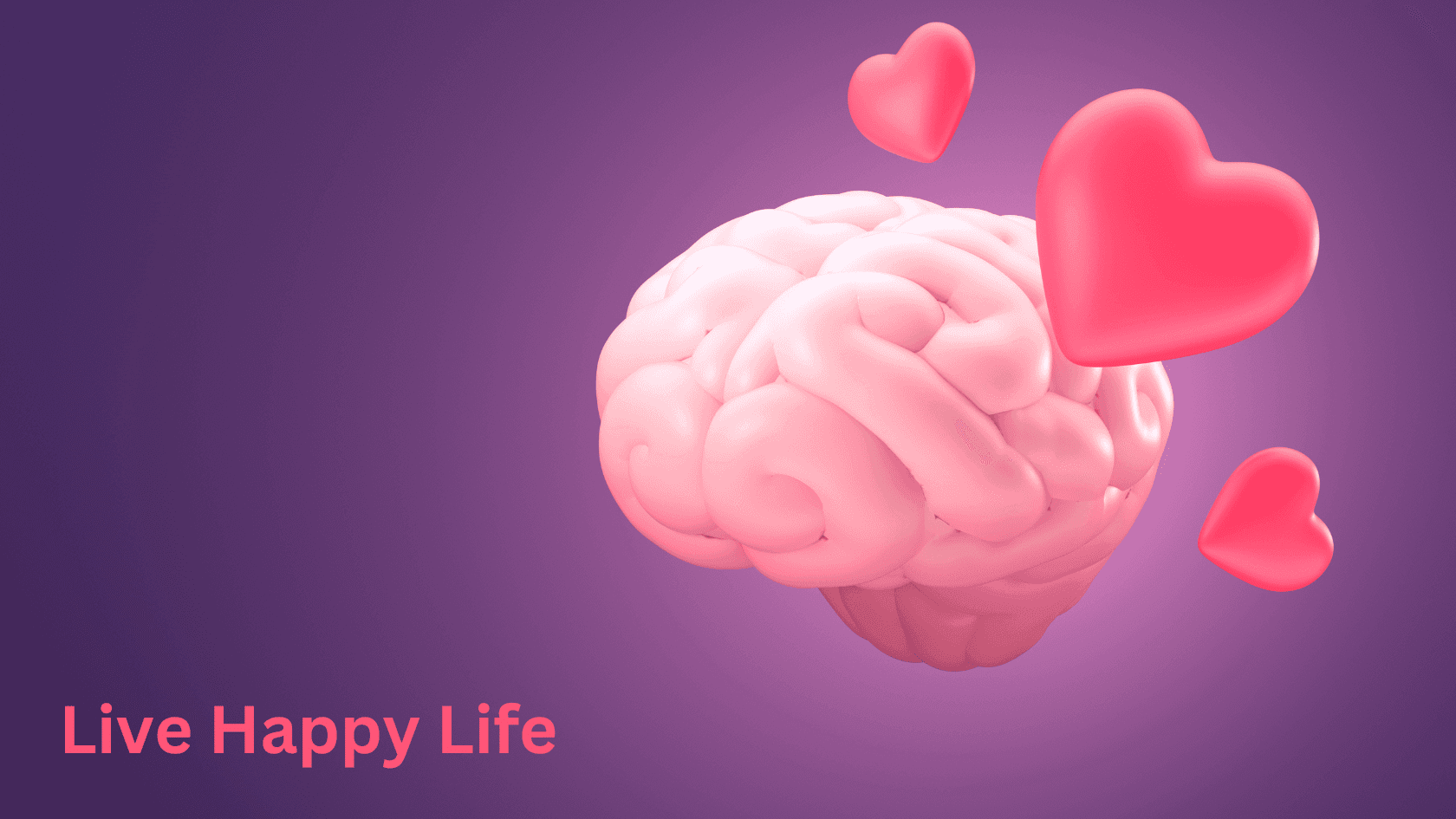How Your Brain Falls in Love: The Science Behind Romance
- Published on
- -3 mins read
Introduction
For centuries, poets and philosophers have speculated on what causes two people to fall in love. Now, biologist Dawn Maslar M.S. offers a scientific perspective that sheds light on this age-old question. With the help of the latest neuroscience, we can now explain what happens in the brain when someone falls in love.

Table of Contents
The Biological Basis of Love
Is falling in love something magical that happens to the brain? Or is it a biological process triggered by specific chemicals and hormones? Maslar’s research explains that love can indeed be broken down into a series of biological responses.
- Cortisol, the stress hormone, rises, making you feel nervous.
- Oxytocin, the so-called "love hormone," increases, making you feel more affectionate.
- In women, testosterone rises, making them more assertive.
- In men, testosterone decreases, causing them to be more passive.
- Both men and women experience a drop in serotonin, which is linked to obsessional thinking.
The Role of Neurotransmitters
Maslar describes how neurotransmitters like dopamine, oxytocin, and vasopressin play a key role in bonding and romantic love. Dopamine, known for its role in pleasure and reward, increases when we're excited about winning the "grand prize" of love. Oxytocin, sometimes called the "cuddle hormone," enhances trust and bonding, especially in women.
However, testosterone plays a complicating role. In men, testosterone blocks the effects of oxytocin, meaning their bonding process works differently. This is where vasopressin comes in. For men, vasopressin helps with the feeling of attachment, though it decreases after sexual activity.
Why Timing Matters
In a humorous but insightful exchange with her grandmother, Maslar highlights how traditional wisdom aligns with scientific findings. Her grandmother explained that men and women fall in love differently:
- Women tend to fall in love after sexual activity due to the surge in oxytocin.
- Men, on the other hand, fall in love when they commit, as their testosterone levels drop.
Maslar backs this with studies showing that men's testosterone levels decrease when they commit to a relationship, which allows oxytocin to have a bonding effect. This drop doesn't happen just with marriage—it occurs when a man decides to commit.
The Prairie Vole Experiment
Maslar explains how scientists studied monogamous prairie voles to understand human bonding. They found that blocking dopamine and vasopressin prevented the voles from forming pair bonds. This research has implications for human romantic love, as similar mechanisms occur in humans.
What Can We Learn?
From this research, we learn that:
- Women tend to bond more quickly after sex due to oxytocin.
- Men tend to bond after commitment, facilitated by lower testosterone levels.
- Timing and patience can influence the development of romantic love, validating Maslar’s grandmother’s advice.
Conclusion: Love Is More Than Magic—It's Science
While love feels magical, science reveals it's a complex biological process involving neurotransmitters and hormones. Understanding how these chemicals work can offer deeper insight into our romantic relationships. As it turns out, your brain falling in love might just be one of nature's most intricate processes.